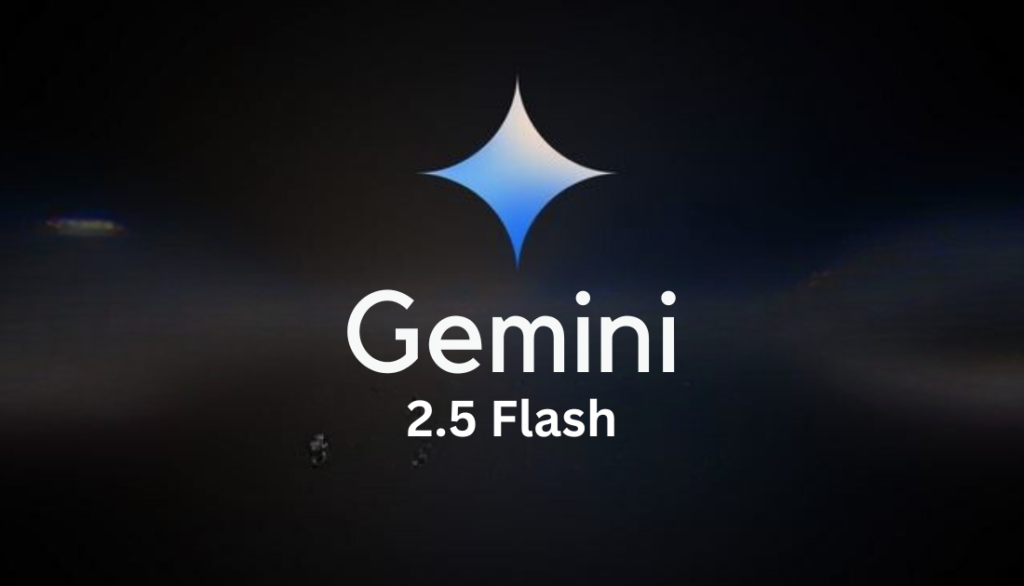A recent technical report from Google has revealed that its new Gemini 2.5 Flash model underperforms in certain safety evaluations compared to its predecessor, Gemini 2.0 Flash.
Highlights
Despite enhancements in instruction-following capabilities, internal benchmarks indicate a measurable decline in safety performance.
The report highlights two specific areas of regression: text-to-text safety and image-to-text safety. Gemini 2.5 Flash scored 4.1% and 9.6% lower, respectively, on these automated metrics, which assess a model’s likelihood of violating content policies in response to text or image inputs.
These assessments are conducted without human oversight, relying entirely on automated detection systems.
In an official statement, a Google spokesperson acknowledged the performance gap and attributed part of it to increased false positives in safety detection.
However, they also noted that the model’s stronger instruction-following abilities could contribute to violations when it responds to unsafe prompts with higher compliance.
“There is a tension between accurate instruction-following and maintaining policy adherence,” the report stated.
This development comes as the AI industry faces growing scrutiny over the balance between model responsiveness and adherence to safety standards.
Other leading AI firms, including Meta and OpenAI, have recently adjusted their models to better manage political neutrality and sensitive content.
In one instance, OpenAI faced criticism after a bug allowed minors to use ChatGPT for generating explicit conversations, underscoring the ongoing challenges in AI safety design.
The Gemini 2.5 Flash report notes that the model is more likely to comply with user instructions, even when those prompts edge into policy-sensitive areas.
Internal documentation from Google acknowledges this trade-off and outlines continued efforts to refine safety filters without significantly limiting the model’s utility.
Independent testing has echoed some of Google’s internal concerns. Benchmarks like SpeechMap, which evaluate how models handle sensitive and controversial subjects, indicate that Gemini 2.5 Flash is less likely to refuse problematic prompts than earlier models.
In third-party tests conducted via OpenRouter, the model generated essays defending controversial scenarios, such as AI replacing human judges or warrantless surveillance—highlighting the challenges in moderating ethically complex outputs.
Some experts have raised concerns about the transparency of Google’s reporting. Thomas Woodside, co-founder of the Secure AI Project, noted the lack of detailed examples in the safety report.
Google has previously faced criticism regarding the timing and completeness of its safety disclosures. For instance, the safety report for Gemini 2.5 Pro was initially delayed and lacked key information, later prompting a more detailed release.
As Gemini 2.5 Flash remains in preview, the company says further safety enhancements are in progress to bring the model’s performance in line with internal standards.
Findings and Context – 2.5 Flash
Trade-Off Between Speed and Safety
Gemini 2.5 Flash is optimized for fast response times and lower operational costs, making it ideal for use cases such as document summarization and image captioning.
However, this emphasis on speed may compromise complex reasoning capabilities, which could affect its adherence to safety policies in more nuanced scenarios. (Source: WinBuzzer)
Lack of Comprehensive Safety Documentation
Unlike previous releases, Gemini 2.5 Flash launched without a detailed safety or technical report. This absence has drawn criticism from researchers and developers who rely on such documentation to assess model risks and limitations. (Source: WinBuzzer)
Observations of Gender Bias in Prior Model
An earlier analysis of Gemini 2.0 Flash identified gender-related discrepancies in responses.
Although the model showed progress in reducing bias, it still displayed greater acceptance of male-specific prompts and was more permissive toward violent content. These issues raise ongoing concerns about fairness and content moderation. (Source: arXiv)
Challenges in Medical Applications
Gemini models, including earlier versions, have demonstrated a tendency to produce hallucinated or overly confident responses in medical reasoning tasks. ]Such behavior presents significant risks if the models are used in healthcare contexts, highlighting the need for thorough validation before deployment in sensitive domains.


